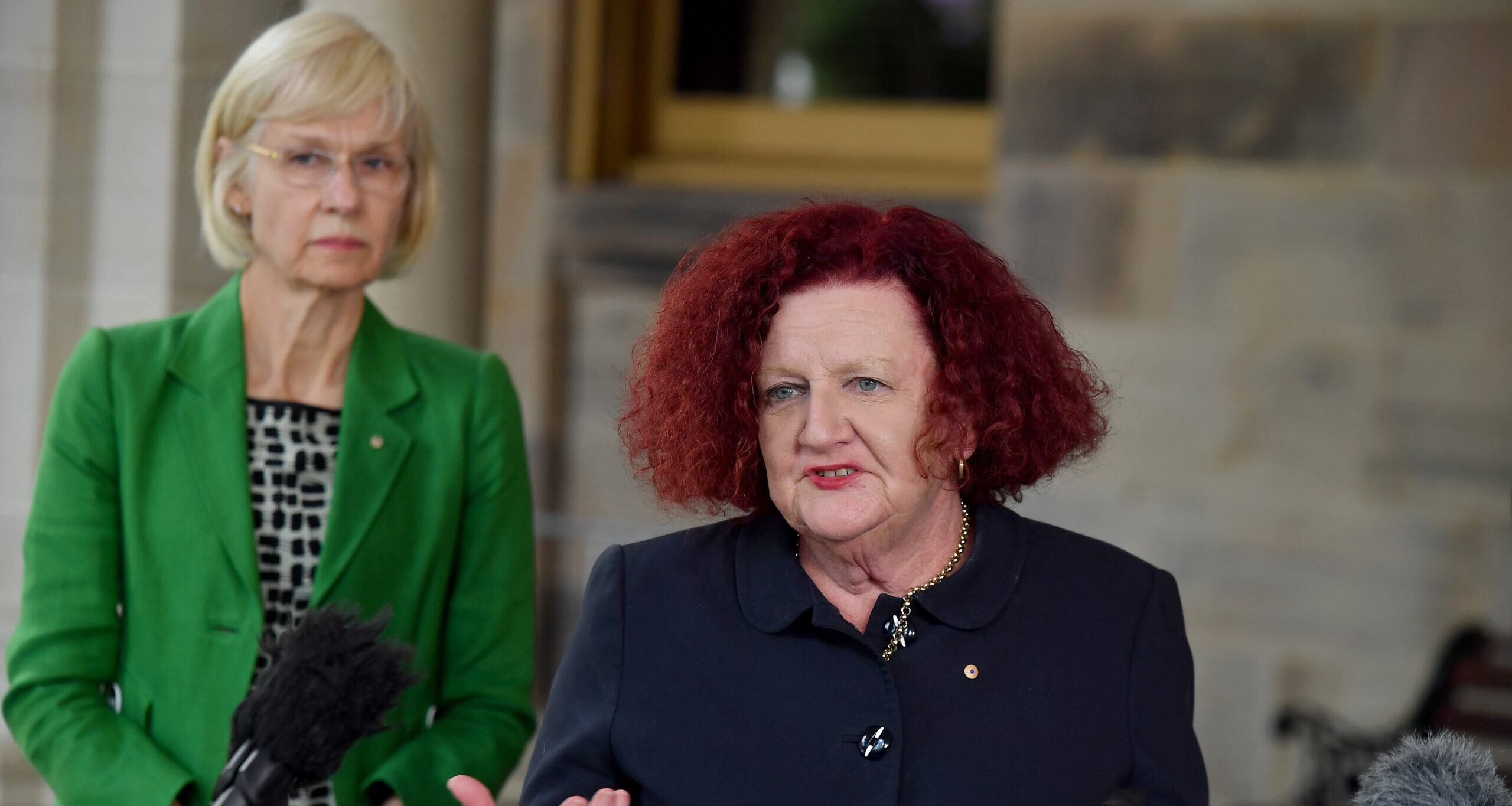AnalysisFeaturesPolicy & ReformTop Stories
Q&A: Allison Henry talks Action Plan on sexual violence

Recent surveys and reports show that sexual assault and harassment on university campuses is rife, accelerated by broken and confusing reporting processes.
Please login below to view content or subscribe now.





